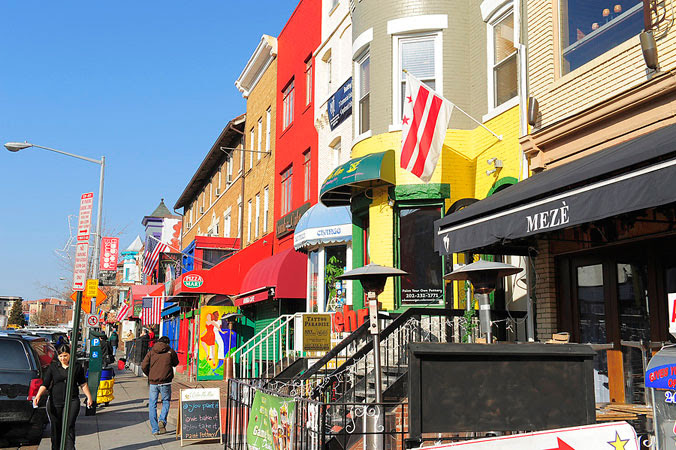
Long lines at department stores, extended delivery waits and product rationing may be making a return. Costco recently announced they will be reestablishing purchasing limits to specific household products in order to adapt to supply chain disruptions that have been making it difficult to meet consumer demand.
“A year ago there was a shortage of merchandise,” Chief Financial Officer Richard Galanti said in an NPR report.
Galanti pointed to “short-term changes in trucking” and “delivery need” as the reason for the current supply disruption.
However, these issues aren’t only limited to Costco. Large corporations, small businesses and consumers alike have been facing the ongoing effects of global supply chain disruptions.
The primary reasons behind these disruptions are the multiple factory closures due to COVID-19 outbreaks in exporting countries, congestion at international shipping ports and the lack of available truck drivers to get these products from ports to stores.
“We can’t fulfill the demand in some product types. Both due to production from suppliers and also transport and congestion at ports,” Helena Helmersson, chief executive of H&M, said in an interview with the Financial Times.
Companies are facing increased prices and longer wait times to get products from ports overseas, along with increased consumer demand. Therefore, customers can expect increased prices and wait times for goods and services.
“We’ll do our best to get units here as fast as possible,” said Katrina O’ Connel, chief financial officer of Gap, in a CNBC report. “The inventory might be lumpy,” she said.
These supply chain disruptions are also felt by small businesses in the DMV.
“The global supply chain shortage during the COVID-19 pandemic threw my business for a loop that I was not expecting,” Essence Powell, senior supply chain management major and CEO of Oil of Essence LLC said.
As a small business, Oil of Essence dealt with the added pressure of suppliers not being able to provide their usual products, along with increased competition between other small businesses for an already limited supply.
“My suppliers were struggling to keep up with the demand for bottles, jars, and caps. Small businesses who noticed this before I did began ordering everything,” Powell said. “I even had to change the packaging for a product because the packaging was no longer available.”
Suppliers, especially those overseas, have had difficulties receiving shipments due to travel restrictions and country-wide lockdown per the pandemic. Due to trucking shortages, small business owners are currently having difficulty receiving supplies and shipping products.
“We are seeing a huge surge of imports coming into this country at the same time the workforce that is responsible for moving those imports and moving those goods isn’t there like it was a year and a half ago,” John Drake, vice president of supply chain policy at the U.S. Chamber of Commerce, said in an ABC 7News Interview.
“At the height of COVID, it put a tremendous amount of trucking companies and logistics providers out of business,” he continued.
For small businesses like Oil of Essence, these challenges have a disproportionate impact, especially when it comes to customer expectations.
“There were severe delays with shipping carriers like USPS and others. These issues reflected poorly on me as a small business, and a small subset of my customer base lost trust in my company’s ability to deliver,” Powell said.
As marketing experts predict that these types of supply chain disruptions will continue into 2022, Powell has found customer understanding and support to be essential.
“Most were understanding of the circumstances at play and gave me the grace I needed to deliver,” said Powell. “It felt like Oil of Essence was failing at times, but I’m blessed enough to say I had the support to weather the storm.”
Copy edited by Lauryn Wilson

